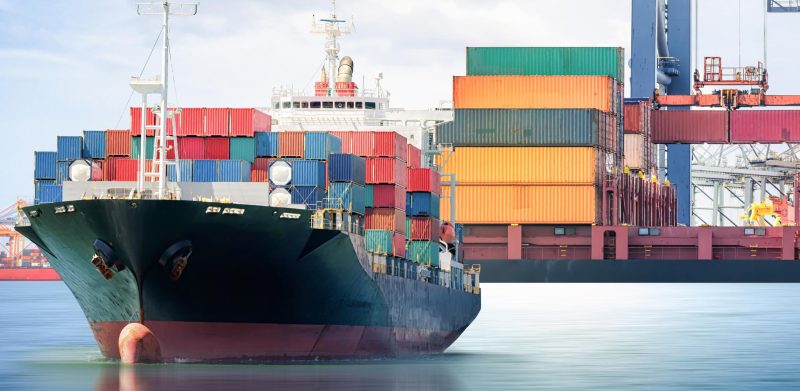
Storage, demurrage and detention charges: what are the differences?
If you are an individual or a business that imports by sea, you have certainly heard the terms storage charges, demurrage charges and detention charges. These terms may cause confusion for many people and it may be difficult to understand the differences. Don’t question yourself anymore! In the following paragraphs, we will clarify all of these terms.
What are the differences between storage, demurrage and detention charges?
Storage charges are fees that the terminal (the port) charges for storing your merchandise in its facilities or a warehouse, if you pick up your merchandise after the timeframe prescribed by the terminal. Generally, the terminal allots a certain number of days (including the weekend) for the importer to pick up their merchandise free of charge. If this period is exceeded, the terminal bills you a storage charge. Sometimes, the freight forwarder or customs broker may pay these charges for you, but they will bill you later.
Demurrage charges are fees that the shipping line charges you for not having picked up your container filled with your merchandise from the terminal’s facilities or warehouses within the timeframe prescribed by the terminal. If you are dealing with a customs broker or freight forwarder, they may pay these charges for you, but they will bill you later.
Detention charges are fees that the shipping line charges you if you do not return the empty container to the terminal within the prescribed timeframe. So, if you take your merchandise out of the terminal within the timeframe prescribed by the terminal, but you are late emptying the container, you could pay detention charges to the shipping line. Once again, if you are dealing with a customs broker or freight forwarder, they may pay those charges for you, but they will bill you later.
N.B. Several shipping lines combine the days before the demurrage and detention charges begin. For example, a shipping line can provide five days for the container to be unloaded and returned to the correct location at the terminal before the demurrage and detention costs begin. So, if you pick up your container on the fifth day at the terminal, to avoid demurrage charges, you have to return it empty on the same day. If you return the container the next day, you will be charged one day of detention charges.
How do you avoid these charges?
Storage, demurrage and detention charges can quickly increase the costs of importing your merchandise; therefore, it is essential to closely monitor the arrival of the merchandise. Here are a few tips:
- Make sure that your customs broker is notified that your container or merchandise will soon arrive.
- Check to ensure that your carrier is notified that your container or merchandise will soon arrive to ensure that your merchandise will be picked up during the free of charge storage period offered by the terminal.
- If possible, have all the information about your merchandise sent to your customs broker or freight forwarder.
- As soon as you receive your merchandise, empty the container as soon as possible and return the empty container to the right location. Otherwise, the shipping line considers that the container is still in your possession and detention charges will accumulate until you ask your carrier to retrieve the empty container and return it to the location provided by the shipping line.
Contact our experts
For any additional information, our consultation service remains at your disposal at consultations@w2c.ca or by telephone at 514 368-2637, option 2.